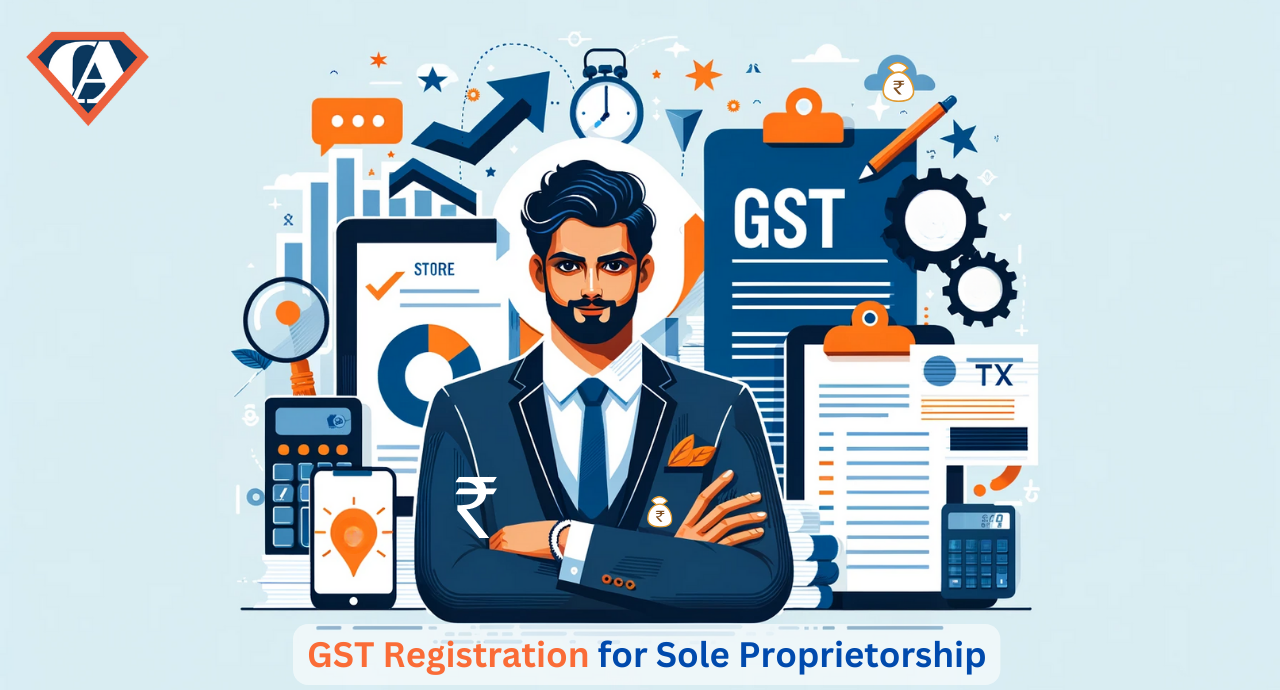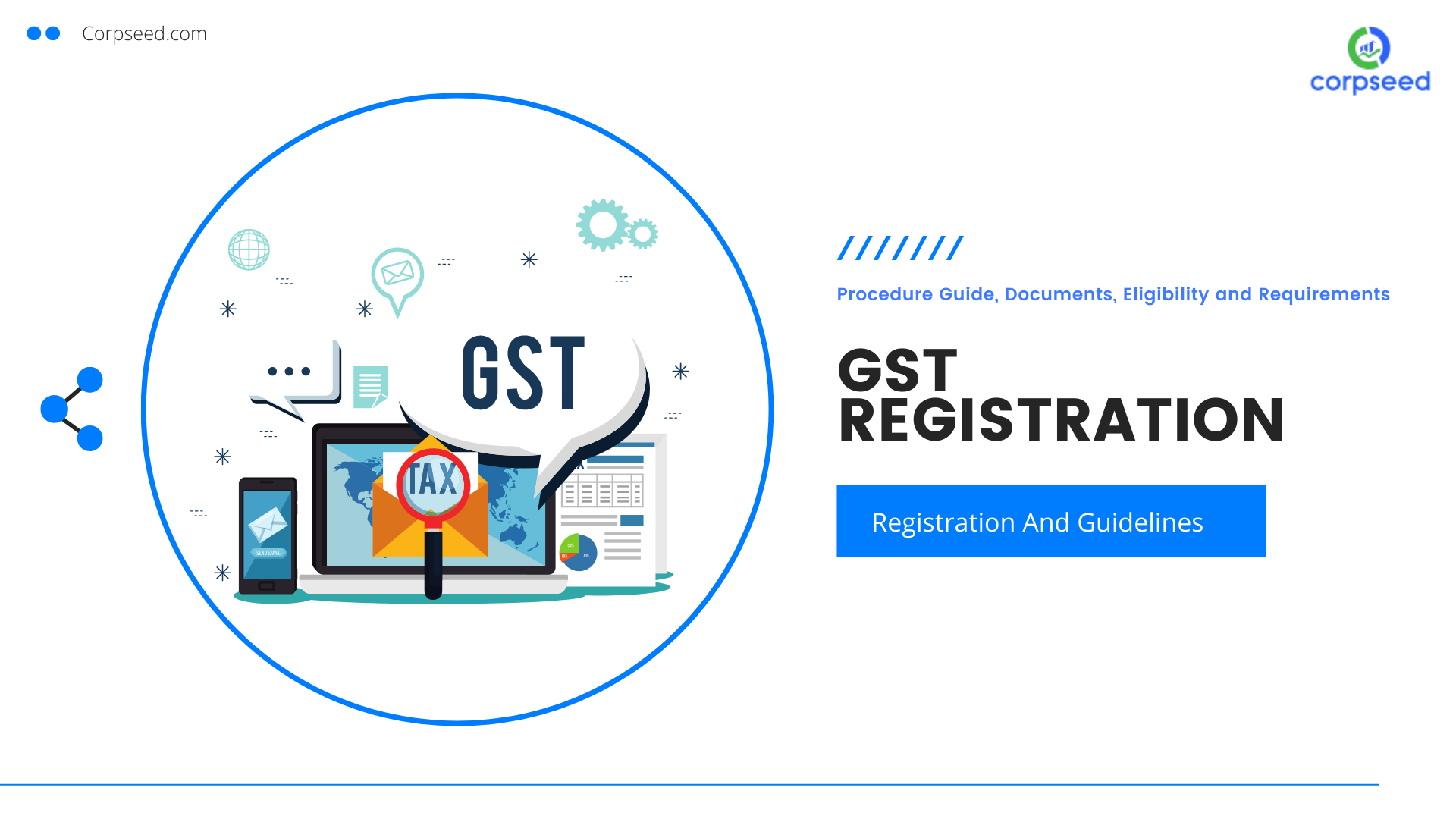Why CFO Account & Services is the Preferred Selection for GST Registration in Singapore
Why CFO Account & Services is the Preferred Selection for GST Registration in Singapore
Blog Article
From Beginning To End: A Detailed Introduction of GST Enrollment and How to Efficiently Register Your Company
Browsing through the detailed process of GST enrollment can be a vital step for any service wanting to develop compliance and authenticity out there. Why choose CFO Account & Services for GST registration in Singapore. From understanding the fundamental ideas of GST to meeting the eligibility requirements and collecting the required documents, the journey in the direction of effective registration can usually appear like a complicated task. With the best support and insights, organizations can simplify this process and unlock the benefits that come with being a registered entity.
Comprehending GST and Its Relevance
Recognizing the Item and Solutions Tax (GST) and its value is crucial for organizations running in economic climates where this taxation system is implemented. By permitting organizations to declare input tax credit reports on the tax obligation paid on purchases, GST guarantees that taxes are calculated just on the value included at each phase of the supply chain.
Additionally, GST promotes conformity and openness in the tax program, decreasing tax evasion and increasing federal government profits. It simplifies tax obligation administration and conformity for services by offering a typical platform for tax filing and repayment. On the whole, a complete understanding of GST is critical for services to properly browse the complexities of the tax obligation system and guarantee conformity with the legislation.
Qualification Requirements for GST Registration
To sign up for GST, companies must satisfy specific eligibility requirements described by the tax authorities. The main requirement for GST enrollment is that business's accumulated turnover goes beyond the threshold established by the federal government, which differs by state. As of the present standards, services with an annual turnover of Rs. 40 lakhs or even more in many states must sign up for GST. For organizations running in uneven regions and northeastern states, the limit is Rs. 20 lakhs. In addition, particular organizations, such as those associated with inter-state supply of services or goods, casual taxable individuals, and non-resident taxed individuals, are called for to sign up for GST despite their turn over.
Moreover, organizations entailed in supplying goods or solutions via ecommerce platforms are also mandated to register for GST, regardless of their turnover. Companies that were registered under the previous tax obligation routine, such as VAT, import tax responsibility, or solution tax, must change their enrollment to GST. Complying with these eligibility requirements is vital for companies looking for to follow the GST regulations and prevent any charges for non-compliance.
Documents Needed for GST Enrollment
When requesting GST enrollment, companies have to ensure they have all the essential files in order to finish the procedure smoothly and successfully. The essential records required for GST enrollment consist of proof of service enrollment or consolidation such as the Certification of Incorporation, collaboration act, or registration certificate. In addition, businesses require to give proof of address for the principal business, which can be supported by papers like an energy bill or a rental contract.
In addition, files confirming the identification and address of the promoters or companions associated with business, such as PAN card, Aadhaar card, or key, are important for GST enrollment. Savings account statements or terminated cheques displaying the name of the address, account, and company number are also mandatory to validate the bank account details given during registration.
Ensuring all the necessary records remain in order and readily available will streamline the GST registration process and assistance businesses stay clear of problems or hold-ups.
Online Enrollment Process for GST

After finishing the form, sustaining documents need to be uploaded according to the standards offered. These records normally include evidence of organization registration, address evidence, bank declarations, and identity evidence of the business proprietor. It is vital to make certain that all files are clear, legitimate, and posted in the specified layout to avoid delays in the enrollment process.
Once the application and papers are submitted, organizations can track the status of their GST registration online. If there are no concerns or added information required, home the GST registration certificate will certainly be released electronically, marking the effective conclusion of the on-line registration process.
Post-Registration Compliance and Tips

Furthermore, services need to preserve appropriate account books, including invoices, accounting records, and financial statements, to support the details given in GST returns. Normal audits and settlements need to be performed to make certain data accuracy and compliance with GST regulations. Moreover, companies ought to stay upgraded on any kind of adjustments look at this now in GST regulations, prices, or conformity procedures to make required adjustments without delay. Seeking professional aid from tax obligation specialists or accounting professionals can likewise help organizations navigate complex GST conformity requirements properly. By staying alert and proactive in post-registration compliance, services can avoid fines, maintain great standing with tax authorities, and foster functional efficiency.
Conclusion
Finally, the procedure of GST registration is necessary for businesses to adhere to tax obligation regulations and run legitimately. By understanding the qualification criteria, gathering the needed records, and completing the on the internet enrollment procedure, organizations can successfully register for GST. When needed to make certain smooth operations., it is important to stay compliant with post-registration requirements and seek expert advice (Why choose CFO Account & Services for GST registration in Singapore).
Organizations that were registered under the previous tax obligation regimen, such as VAT, import tax responsibility, or service tax, my site should shift their registration to GST. The essential files required for GST enrollment include proof of company registration or incorporation such as the Certificate of Incorporation, partnership act, or enrollment certification.Upon effective completion of the GST registration process, businesses must promptly stick to post-registration conformity demands to preserve regulatory compliance and make certain smooth procedures.In final thought, the process of GST registration is essential for businesses to abide with tax obligation policies and operate legitimately. By comprehending the eligibility criteria, collecting the required documents, and finishing the on the internet registration procedure, services can successfully sign up for GST.
Report this page